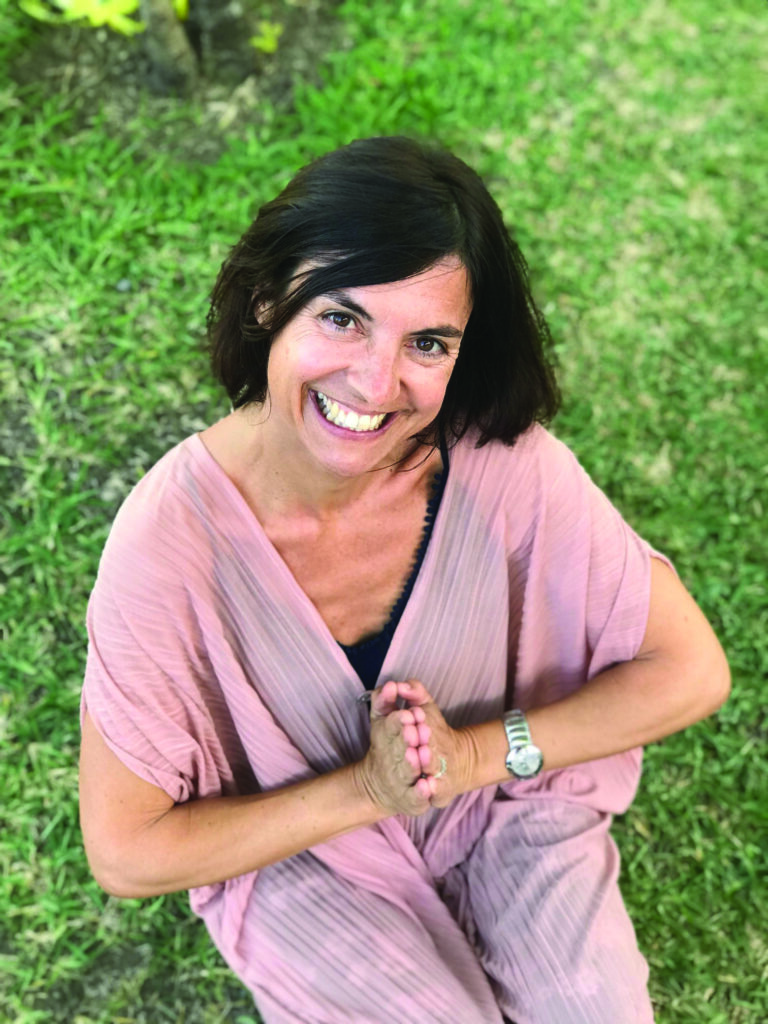I continue my interview with the president of APACP (in place in Mauritius since 2008), who also works as a supervisor for various local organizations and associations.
Delphine Raimond
Marie-Hélène explains to me the delicacy of the process – focused on the person and not on the problem or diagnosis – when dealing with a victim of aggression (abuse, sexual violence…). “Step by step, little by little… so that a few rare words can be said, sometimes whispered, we carry out delicate, gentle work to gather these precious and so difficult words. This is thanks to the therapeutic relationship, the sense of security established during the sessions, the support and investment of the psychotherapist, to be as close as possible to the victim and to what has been experienced. But also, and above all, thanks to the commitment of the victim.
Marie-Hélène gives me the telling results of a study on the effectiveness of psychotherapy (according to the American Scott D. Miller, founder of the International Center for Clinical Excellence): 30% depends on the relationship, 40% on what the patient brings, 15% on the psychotherapeutic approach chosen and 15% on the placebo effect.
How do you free a victim from silence?
Therapists don’t free people from their silence – victims do! With the help of a psychotherapist focused on the individual, his or her attention, quality of listening, presence… but also, again and again, thanks to the courage of the victims in their approach. Because they have a lot of it!
What about the impulse, the premeditation of the aggressor?
For this question, I feel like referring to Dr Muriel Salmona and her extraordinary website : https://www.memoiretraumatique.org/
Violence is a dissociative, anesthetizing form of self-treatment – like a drug – that creates a veritable addiction and enables aggressors to escape their own psychological suffering, linked to traumatic memory. More often than not, this suffering stems from violence suffered in childhood!
What about psychocriminology in Mauritius?
I’m going to talk about restorative justice and the fabulous film Je verrai toujours vos visages. In it, we see just how essential the framework for meetings between aggressors and victims is, and how fundamental the upstream work is! The system must be reassuring, to be beneficial for both aggressors and victims. Victims are able to be heard, to talk (usually for the first time) about their suffering, the horrors they have experienced… In the person-centered approach, these discussion groups exist. I hope Maurice will go ahead and offer these meetings!
Marie-Hélène Walter welcomes patients (aged 15 and over), lMondays and Tuesdays by appointment, at the W+Life – Tamarin medical center: 483 5907.
